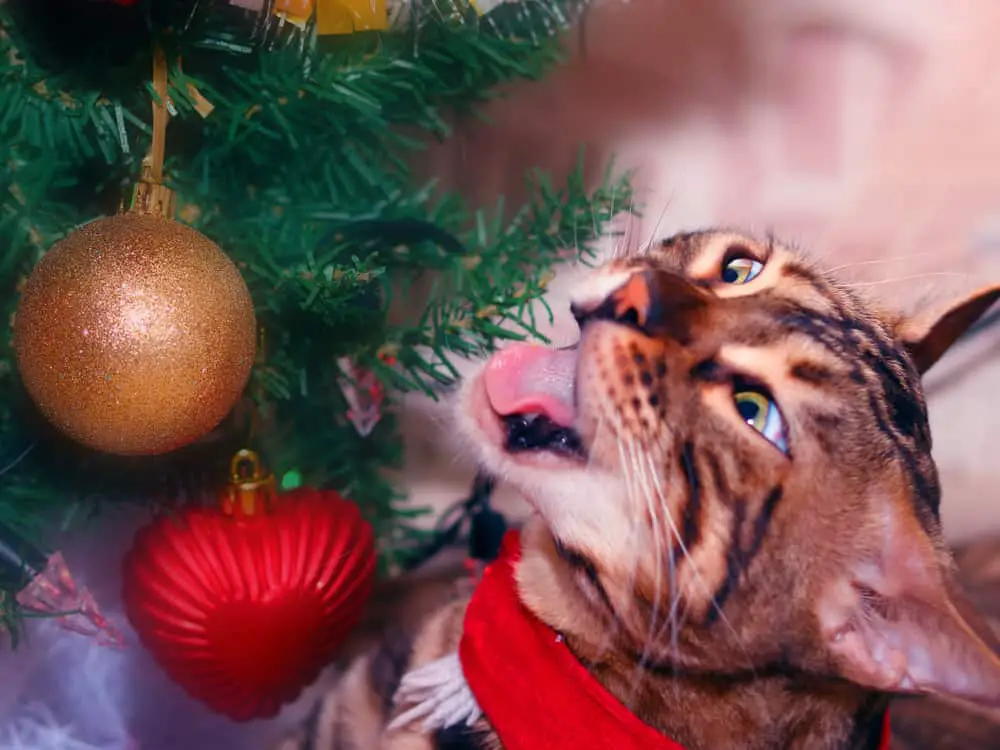As online shopping becomes more common, the risk of purchasing counterfeit pet pesticides is also increasing—and counterfeiters are very good at looking legit. Would you be able to spot a fake?
According to the U.S. Census Bureau, online shopping has increased from 4% to 10% of all retail sales over the past 10 years. But, along with that increase is a rise in counterfeit products available online. So, when it comes to the health and safety of your cat, make sure you know how to spot a counterfeit before it’s too late.
How to Spot a Counterfeit:
There is no single way to spot a counterfeit. Manufacturers of fake products are getting better and better skilled at creating convincing fakes. But, the U.S. Environmental Protection Agency identified the most common indicators to keep a close eye on:
- Differences in weight between the outer package and the product inside
- Lack of directions in English
- Products not packaged in child-resistant packaging
- Missing directions for use
- Product in the container is not appropriate for the animal or size of animal pictured on the outside
- Stickers on the box to hide the foreign labeling
- EPA registration number is missing
- foreign labeled product with stickers containing some U.S. information
- foreign-labeled products.
What To Do If You Discover a Counterfeit:
For individual consumers, there is no penalty for purchasing a counterfeit product. Penalties only apply to persons who distribute or sell counterfeit products. However, purchasing a counterfeit pesticide may place you and your family at risk. Thus, the EPA recommends that consumers dispose of product that has been discovered to be counterfeit.
You may also alert EPA to counterfeit products by visiting the Agency’s Web site for enforcement matters.
What If I Used the Product Before Discovering it was Fake?
First, contact your veterinarian for medical assistance and advice. In addition, the National Pesticide Information Center (NPIC) is a toll-free helpline (partly funded by EPA) created to assist in providing answers to most questions regarding pesticides and pesticide poisonings. You can reach NPIC at 1-800-858-7378. View NPIC’s website.
Remember, if the flea/tick treatment, heartworm prevention, or another medication requires a prescription from your veterinarian to purchase in person, a prescription will still be required to purchase online. Sellers that don’t require a prescription should be considered likely to be selling counterfeit products.
Any time pet medications and pesticides are purchased online, packaging, labels, package inserts, instructions, LOT codes, and expiration dates should all be carefully inspected before the medication is given to your pet.
The Catington Post is reader-supported. That means, if you make a purchase through links on our site, we may earn an affiliate commission. All images and names which are not the property of The Catington Post are the property of their respective owners.







